Description
This handbook promotes a perspective shift within learning disability services that aims to move the focus of professional support away from diagnosis and identifying what someone cannot do, towards assessing and supporting strengths and providing opportunities and resources to enhance people’s quality of life. Designed to be used both by facilitators and as a self-study guide for those who support people with intellectual disabilities, Enabling Capable Environments will provide direction to enhance practitioners’ skills and develop a more collaborative, hands-on leadership approach. The authors set out a unique framework that outlines the critical approaches that underpin enabling capable environments and how these can be implemented successfully.
Audience
Learning disability specialist clinicians, front-line care staff, nurses and allied health professionals; students of these disciplines; professional and family caregivers of people with intellectual disabilities; care provider organisations
Details
Publisher: Pavilion Publishing and Media Ltd
ISBN: 9781803882505
Publication Date: April 2024
Page count: 220
Content
Introduction
1: Humanistic and values-led supports
2: Enabling Capable Environments
3. Applying Capable Environments
4. Sustaining Capable Environments
5. Developing and Implementing a Periodic Service Review (PSR)
6. Practice Leadership
7. Person-Centred Active Support (PCAS)
8. Enabling Opportunities and Developing Skills
9. Person-Centred Approaches to understanding behaviour that challenges
10. Development of Multi-Element Behaviour Support Plans (MEBSP)
11. The Role of Resolution Strategies
12. Evidence-based Practice: What we should see
References and resource list
Author
Linda Hume (Registered Nurse: Learning Disability), BSc (Hons), MSc, PgCert, FHEA & Doctoral Candidate University of Stirling.
Linda Hume is a Registered Nurse: Learning Disability and is an Independent academic and consultant. This also involves a post with the Challenging Behaviour Foundation as Coproduction and Engagement Lead, the Lead for Research, and Practice Leadership at the IABA Research and Education Foundation and a lecturer at several universities across the UK. Linda is also an Editorial Board Member for the Journal of Intellectual Disability – Diagnosis and Treatment.
Linda has worked in a range of leadership roles in Health, Social Care and Academia. Her teaching, research and consultancy focus on working with families, supporting organisations understand and implement evidence-based person-centred approaches for people with a learning disability.
Nadia Khan BCBA (Board Certified Behaviour Analyst), BSc (Hons), MSc, Doctoral Candidate University of Kent
Nadia Khan is a Board-Certified Behaviour Analyst and is a Positive Behaviour Support Manager at the Richmond Fellowship Scotland. Nadia has a background in adult social care, residential school settings, and individual support within family homes. Nadia is currently a PhD candidate at the Tizard Centre within the University of Kent where she is researching staff psychological wellbeing within learning disability services. Nadia has experience working within one-to-one supports, as well as systems-wide implementation of Positive Behaviour Support (PBS) and has experience of conducting research within the learning disability field.
Martin Reilly BTEC level 5 in Positive Behaviour Support from NHS Wales.
Martin Reilly is the Positive Behaviour Support Lead with the National Autistic Society in Scotland. Martin has worked with individuals with learning disability, autism and behaviours that challenge for the last 15 years. Over the last few years, Martin has focused on supporting the development of a National PBS team within the NAS and helping to ensure a consistent approach to PBS within the organisation. Martin has a keen interest in practice leadership, active support and capable environments as a means of improving quality of live and reducing restrictive practices for individuals supported within services.

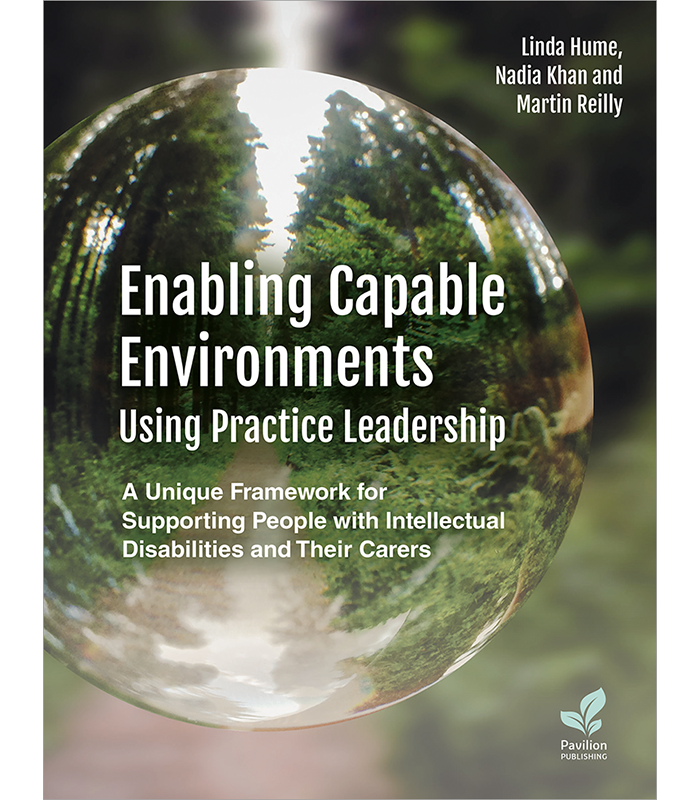
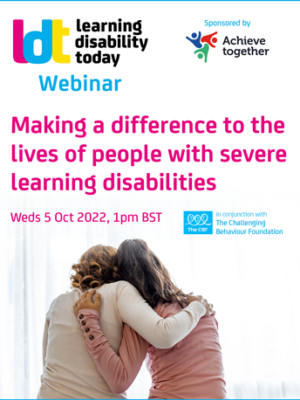
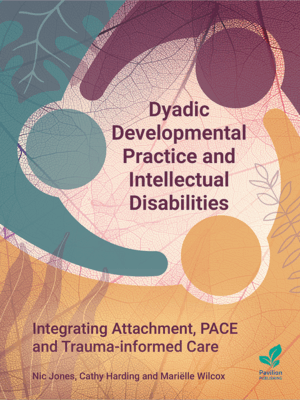
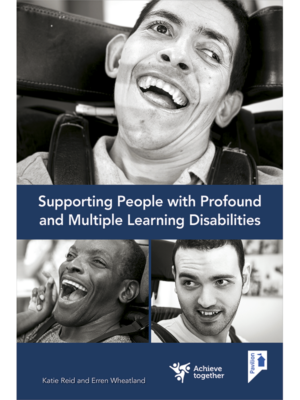
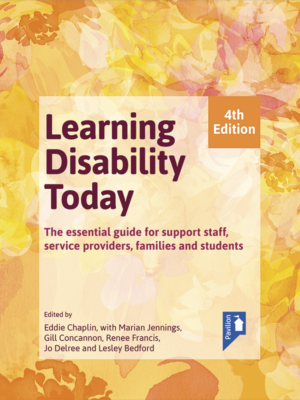
Dr Geoff Potter – Chief Clinical Officer for The Centre for Positive Behaviour Support –
This book offers an insightful exploration of the relationship between Positive Behaviour Support (PBS), Person-Centred Planning (PCP) and wrap around service delivery.
Key Features
Illustration of PBS and PCP Relationship: The book effectively demonstrates how PBS and PCP are interconnected, providing a clear understanding of their combined impact.
Accessible Writing Style: The authors have crafted an easy-to-read text with well-organized chapters, making complex concepts more approachable.
Constructional Approach: The wrap-around nature of the chapters highlights a constructional approach to supporting individuals, emphasizing holistic and continuous support.
Utility and Audience
This book is an invaluable resource for various audiences:
Students: It serves as an essential textbook, offering foundational knowledge and practical insights.
Participants and Families: It guides understanding of what to expect from services, enhancing their ability to advocate for their needs.
Service Leaders: It provides strategic direction for improving service delivery and developing comprehensive support plans.
Highlights
Multi-Element Behaviour Support: The book emphasizes a values-based approach, illustrating the principles and application of multi-element behaviour support.
Functional NARs: The power of Non aversive reactive strategies (NARs) in supporting individuals is well-articulated, showcasing their importance in personalized support.
Constructional Approach: The entire book embodies a constructional approach, focusing on building positive, sustainable support structures around individuals.
Engaging Writing Style: The authors’ engaging, and clear writing style enhances the readability and impact of the material.
The authors have successfully integrated systems thinking, person-centred values, Organizational Behaviour Management (OBM), and constructional PBS into a cohesive framework that truly centres on the individual. This book stands out as a unique publication that captures these elements and their interrelationships with remarkable clarity and depth.
Lori Ann Dotson Ph.D., MBA –
There are few opportunities to recommend without reservation, and this is one of them. Linda and her colleagues have accomplished a glorious feat – a comprehensive, accessible and thoughtful what’s what and how-to for anyone who supports and anyone who loves someone with an intellectual disability. As an aspiring practice leader and a parent of a beautiful child with profound disabilities, I couldn’t be more grateful that this is available for learning disability specialists, clinicians, front-line care staff, nurses and allied health professionals, educators, students of these disciplines, professional and family caregivers and care provider organizations. There really is something for everyone. If you’re a helper or a leader, you really need this book.